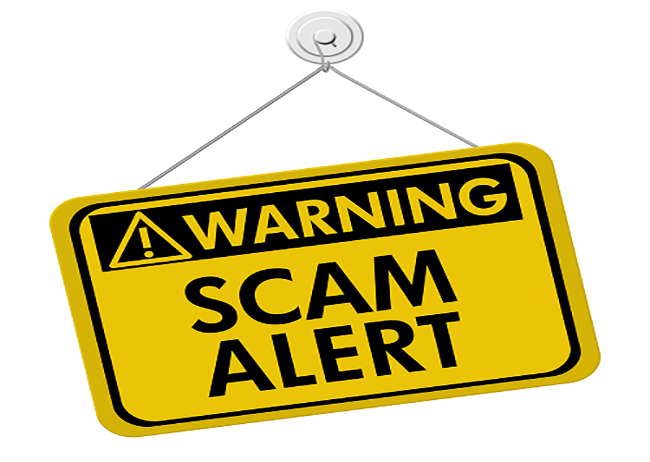Blog

The Nigerian Scam Saga Continues
/ 16.Apr, 2012We have previously written about the particular dangers law firms face from e-mail scams. Two interesting items have recently cometo our attention. In Minnesota, a law firm is suing Wells Fargo Bank on the basis that the Bank should have noticed the multipleinaccuracies on the check, and protected the firm from being bamboozled (the law firm in question is not a stranger tocontroversy).
As well, the United States Postal Inspection Service has sent out a new warning about these schemes (we could not find a link to the warning, so we have copied it here:
UNITED STATES POSTAL INSPECTION SERVICE PHILADELPHIA DIVISION April 9, 2012 Subject: Investigation into attorney-client advance fee scheme Since 2008, a task force composed of the United States Postal Inspection Service, the United States Secret Service and the FederalBureau of Investigation have been investigating organized groups that are targeting law firms in the United States and Canada. The members of these groups are located in Canada, Nigeria, and Asia. The scheme begins when a suspect posing as a potential client contacts the attorney, usually via e-mail, and requests representation in collecting an outstanding debt or settlement, in filing a suit, or in assisting in a real estate transaction. The reason for the underling legal matter varies; the back stories so far have included divorce settlements, business debts, tort matters, intellectual property disputes and real estate purchases. The “client” almost always states they are overseas, usually in Asia. Communications betweenthe attorney and the “client” sometimes go on for some period. However, eventually the attorney receives word that the opposing party wants to settle. This information sometimes comes from the “client” or from a phone call, e-mail or letter from the “opposing party,” which in reality is usually the same suspect posing as the client. A check is then delivered to the attorney via mail or private courier. The checks look legitimate to the naked eye. In some cases even financial institutions fail to identify the counterfeit check. The information on the checks is stolen from actual banks. If the attorneycalls the phone number on the check, a person or an automated system will verify that it is legitimate. The law firm deposits the check into its IOLTA account and then is instructed by the “client” to wire the proceeds to a bank account. It is not until the check is returned as counterfeit that the fraud is detected, which can sometimes take up to a month. To date there have been over $70 million in losses, and over 100 actual victims. The most recent attempt occurred last week inRhode Island; however the wire sent by the firm was recovered prior to the suspects picking it up. The most recent attempt in Pennsylvania occurred approximately 2 weeks ago, where a firm wired approximately $300,000.00. This wire was recovered aswell. The most recent victim in Pennsylvania occurred approximately three weeks ago, where a firm lost approximately$160,000.00. The case is being prosecuted by the United States Attorneys office in the Middle District of Pennsylvania, which has extensive experience in prosecuting these types of frauds, with assistance from the fraud division and office of international affairs at the Department of Justice in Washington, DC. There have been a number of indictments in this case and one individual, Emmanuel Ekhator, has been extradited from Nigeria. Other extraditions and indictments are forthcoming. However, suspects identified as being involved in these groups continue to target attorneys. The suspects in this case have adapted and modified the scheme multiple times, however the following are warning signs that mayindicate that an attorney is being targeted: 1. The client contacts the firm via the internet. 2. The client is not located in the United States. 3. The client requests help in obtaining funds already promised. 4. The client request help in a law suit, then quickly informs the firm that the opposing party has agreed to settle. 5. The opposing party initiates contact with the firm. 6. The check is sent from a location other than where the opposing party is supposed to be located. 7. The client tells the firm they can take their fees out of the settlement check. 8. The client wants the money wired, usually overseas. Sincerely, Inspector Louis J, Di Rienzo U.S. Postal Inspection Service 717-257-2342 ljdirienzo@uspis.gov
As always, be careful of any deal that sounds too good to be true.


Comments